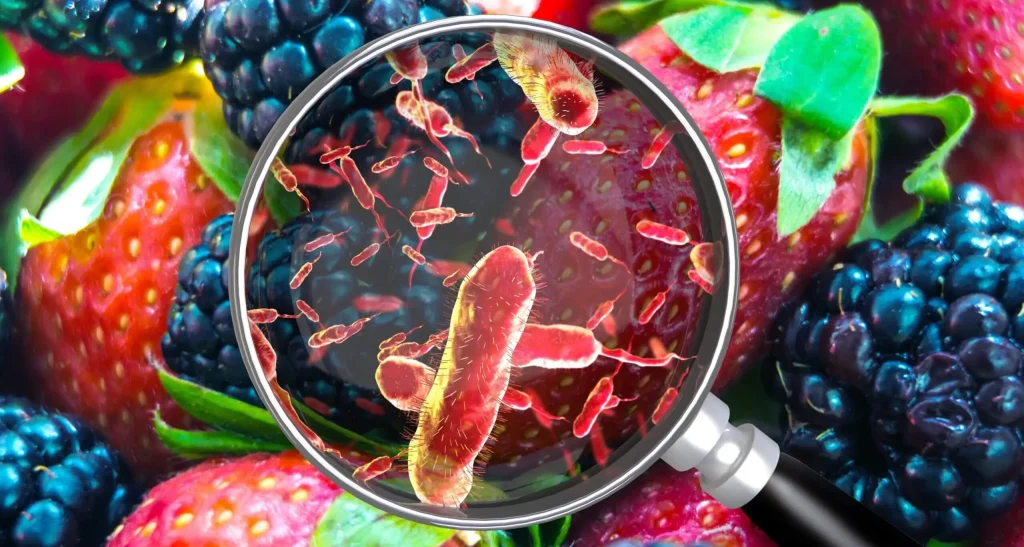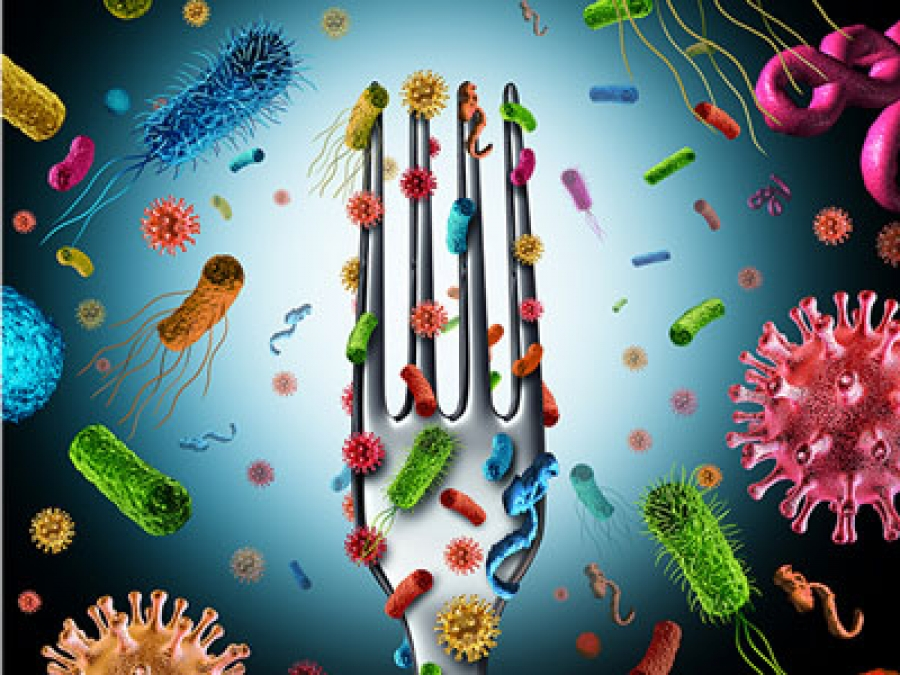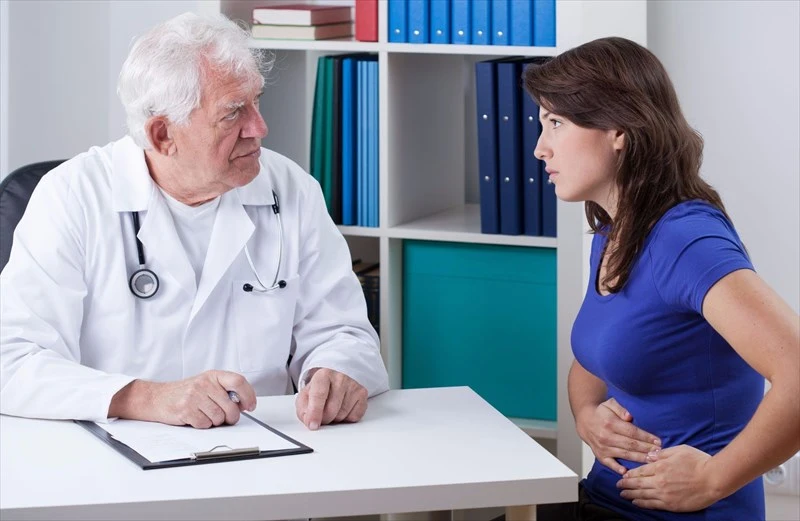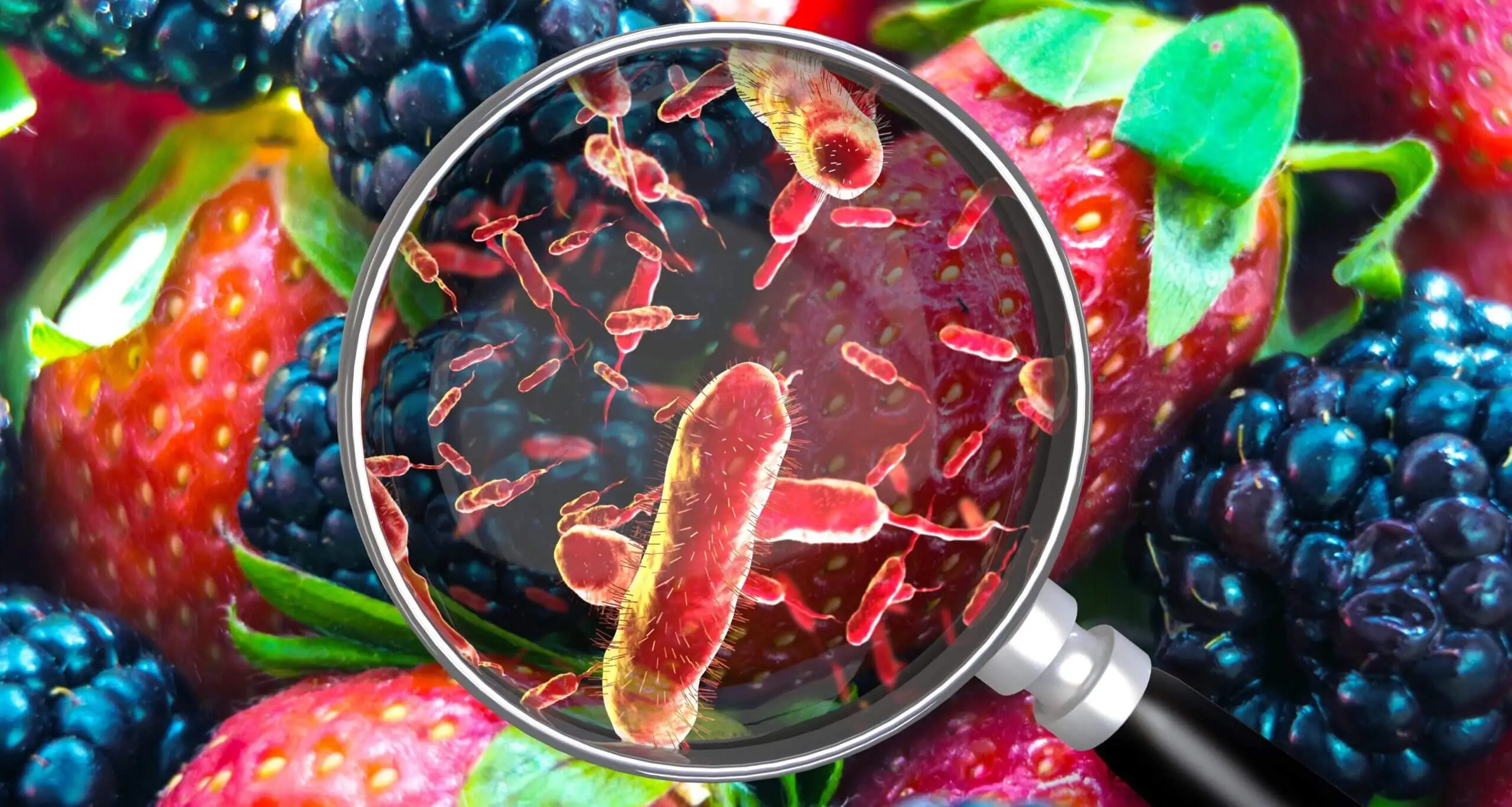
Food poisoning is a common occurrence that affects people worldwide. It refers to an illness caused by consuming contaminated food or beverages. Understanding the symptoms of food poisoning is crucial for early detection and appropriate treatment. In this article, we will explore the various signs to watch out for when it comes to food poisoning.
Content
1. Introduction
Food poisoning is a gastrointestinal disorder that occurs when harmful bacteria, viruses, parasites, or toxins contaminate food or water. It can lead to various symptoms, ranging from mild discomfort to severe illness. Recognizing the signs of food poisoning is essential for prompt medical intervention and preventing further complications.
2. What Causes Food Poisoning?
Food poisoning can be caused by different factors, including:
- Bacterial contamination: Bacteria like Salmonella, E. coli, and Campylobacter are common culprits of food poisoning. They can contaminate food during processing, handling, or storage.
- Viral infection: Viruses such as norovirus and rotavirus can spread through contaminated food or water, leading to foodborne illnesses.
- Parasitic infections: Parasites like Giardia lamblia and Cryptosporidium can contaminate food and water sources, causing food poisoning.
- Toxins: Certain toxins produced by bacteria, such as Staphylococcus aureus and Clostridium botulinum, can cause food poisoning if ingested.
3. Common Types of Food Poisoning

Food poisoning can manifest in various forms, with some common types including:
- Salmonellosis: Caused by the Salmonella bacteria, it can result in diarrhea, abdominal pain, fever, and vomiting.
- Campylobacteriosis: This infection occurs due to Campylobacter bacteria and leads to diarrhea, fever, and abdominal cramps.
- E. coli infection: Escherichia coli (E. coli) can cause severe diarrhea, abdominal pain, and sometimes, bloody stools.
- Norovirus infection: Norovirus is highly contagious and causes symptoms like nausea, vomiting, diarrhea, and stomach cramps.
- Botulism: Caused by the Clostridium botulinum bacteria, it can lead to muscle weakness, blurred vision, difficulty swallowing, and paralysis.
4. Symptoms of Food Poisoning
Food poisoning symptoms can vary depending on the specific contaminant and individual factors. The common signs include:
- Nausea and vomiting
- Diarrhea
- Abdominal cramps or pain
- Fever
- Headache
- Fatigue
- Muscle aches
It’s important to note that symptoms may appear within hours or days after consuming contaminated food, and their severity can range from mild to severe.
5. Diagnosing Food Poisoning

Diagnosing food poisoning usually involves a combination of medical history, physical examination, and laboratory tests. Medical professionals may request a stool sample to identify the causative agent and determine the appropriate treatment. It’s crucial to provide detailed information about recent food consumption and any associated symptoms.
Related Suggestion: Why Do I Have Diarrhea Every Morning?
6. Treatment and Management
The treatment of food poisoning focuses on alleviating symptoms and preventing complications. It often includes:
- Hydration: Drinking plenty of fluids helps replace lost electrolytes due to vomiting and diarrhea.
- Rest: Getting adequate rest allows the body to recover and fight off the infection.
- Medications: In some cases, medications may be prescribed to manage symptoms like nausea, fever, and diarrhea.
- Antibiotics: Antibiotics may be used for certain bacterial infections, but they are not effective against viral or parasitic causes of food poisoning.
7. Prevention Tips for Food Poisoning

Preventing food poisoning is crucial for maintaining good health. Here are some preventive measures to consider:
- Practice proper food hygiene: Wash hands thoroughly, especially before handling food, and ensure proper food preparation and storage techniques.
- Cook food thoroughly: Cook meat, poultry, and eggs thoroughly to kill any bacteria present.
- Avoid cross-contamination: Keep raw and cooked foods separate and use separate utensils and cutting boards for each.
- Be cautious with raw foods: Avoid consuming raw or undercooked foods, particularly seafood, eggs, and meat.
- Stay informed: Stay updated on food recalls and advisories to avoid consuming potentially contaminated products.
8. When to Seek Medical Attention
While most cases of food poisoning resolve on their own within a few days, certain situations require medical attention. Seek medical help if:
- Symptoms persist for more than a few days
- There is blood in the stool
- Dehydration occurs, indicated by dry mouth, excessive thirst, or decreased urination
- Severe abdominal pain or cramping is experienced
- High fever (above 101.5°F or 38.6°C) is present
9. Conclusion
In conclusion, understanding the symptoms of food poisoning is crucial for timely intervention and appropriate care. By familiarizing ourselves with the signs and taking preventive measures, we can minimize the risk of foodborne illnesses and safeguard our health and well-being. Remember to prioritize food safety, practice proper hygiene, and seek medical attention if necessary. Stay informed, stay safe!
Food poisoning is a widespread health issue that can cause discomfort and, in severe cases, life-threatening complications. By recognizing the symptoms early on, seeking appropriate medical attention, and implementing preventive measures, individuals can reduce the risk of foodborne illnesses. Remember to prioritize food safety and hygiene to safeguard your well-being and that of your loved ones.
FAQs
How long does food poisoning last?
The duration of food poisoning varies depending on the causative agent and individual factors. In most cases, symptoms resolve within a few days, but it may take longer for some severe cases.
Can food poisoning be fatal?
While most cases of food poisoning are mild and resolve without complications, certain types of food poisoning can be life-threatening, especially in vulnerable individuals such as young children, the elderly, and those with weakened immune systems.
Can I prevent food poisoning while traveling?
Yes, you can reduce the risk of food poisoning while traveling by being cautious about the food and water you consume. Stick to reputable establishments, drink bottled water, and avoid consuming raw or undercooked foods.
Is it safe to reheat leftover food?
Reheating leftover food is generally safe if done properly. Make sure to heat the food to an internal temperature of at least 165°F (74°C) to kill any bacteria present.
Are there any long-term complications of food poisoning?
While most cases of food poisoning resolve without long-term complications, certain severe infections can lead to complications such as kidney damage, chronic arthritis, or neurological issues. Seeking prompt medical attention and appropriate treatment can help prevent such complications.

Alissa Edwards a health blogger, but her words have the power to change your life. She is an avid reader and she loves nothing more than curling up with a good book. She always strives for perfection in everything she does, so it’s no surprise that she plans on becoming the next JK Rowling one day!



